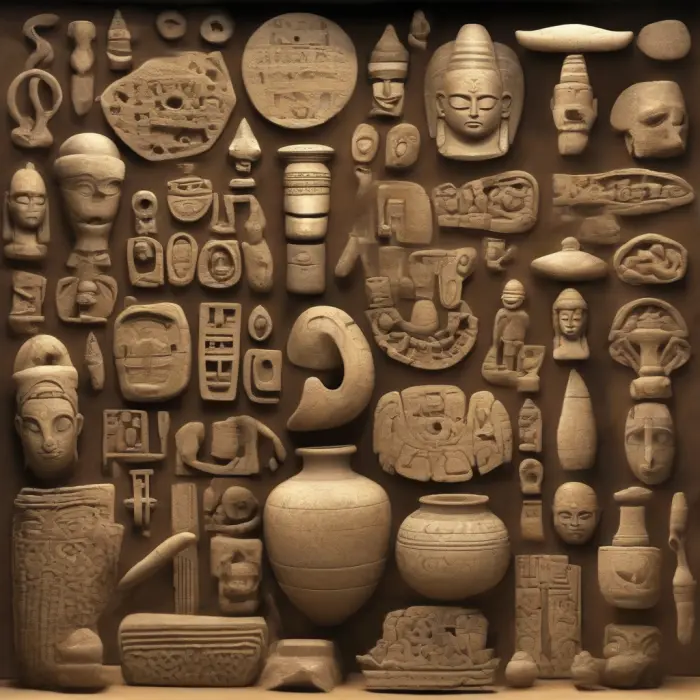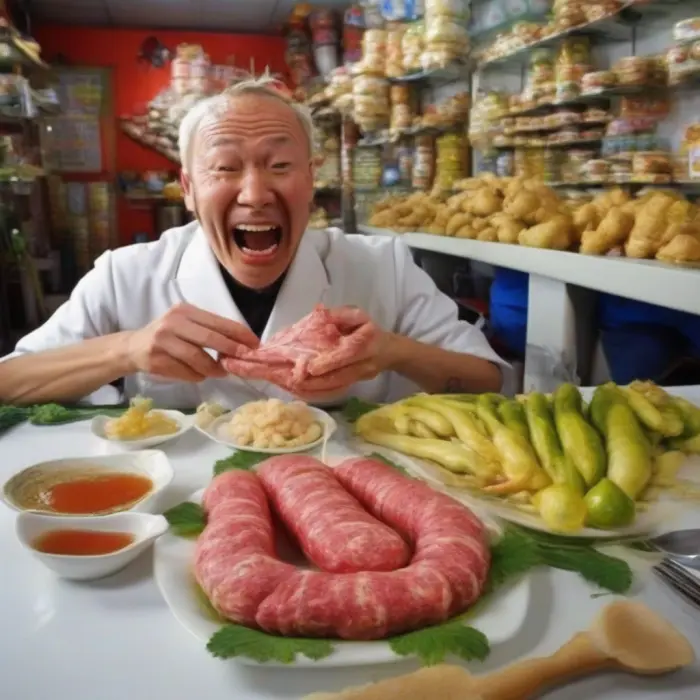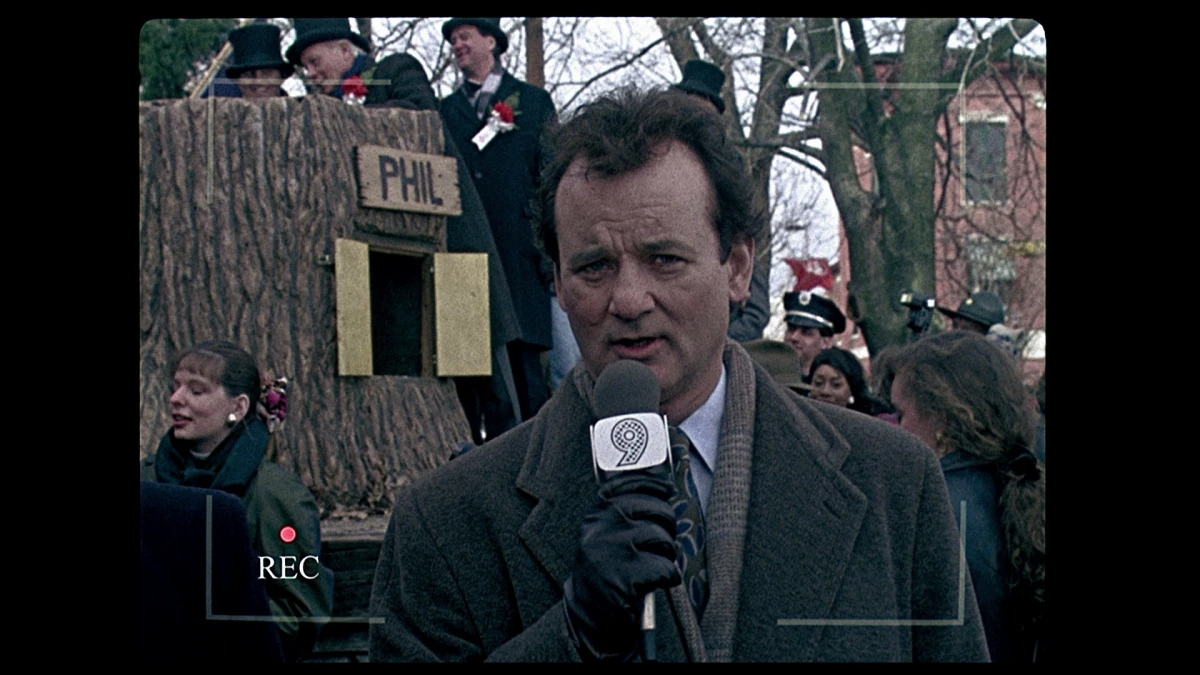Myanmar's Precarious Path: Insights into the Ongoing Political Turmoil
On 1 February 2021, the world was taken aback by a shocking event that created ripples across the global political landscape: a military coup took place in Myanmar, a Southeast Asian country known for its rich history and cultural diversity. The political fragility, dormant for almost a decade, resurfaced, plunging the nation into chaos.
The Descend into Chaos
The military, also known as Tatmadaw, seized power, alleging that the November 2020 election results, where Aung San Suu Kyi's party, the National League for Democracy (NLD), had won by a substantial majority, were fraudulent. This ushered in the arrest of the government officials, including the State Counsellor, Ms Suu Kyi.
A nationwide state of emergency was declared, and military rule was reinstated - a situation all too familiar for the Myanmar citizens who had endured nearly half a century of military dictatorship until 2011.
The Power Struggle
Myanmar’s political history has perpetually been coloured with chronic power struggles between the civilian government and the military. The Tatmadaw, despite ostensibly handing over power to a quasi-civilian government in 2011, retained considerable influence under a constitution it drafted itself.
The military's influence has been so deeply ensconced into Myanmar's political framework that even the democratic process has been unable to free the nation completely from its grasp, despite numerous rallies and a widespread call for democracy by the Myanmar peoples.
The Plight of the Citizens
The military coup has resulted in a grave human rights crisis. Scores of civilians, journalists, and activists have been detained, while internet shutdowns and information blackout have stifled freedom of speech and expression.
A mass civil disobedience movement has arisen in response, with healthcare workers, teachers, lawyers, and many other professionals striking to express their discontentment and calling for a return to democracy. The military's sheer force to quash these peaceful protests has led to numerous casualties, evoking global condemnation.
Global Response and Hope for the Future
The international community has condemned the military coup and called for an immediate return to democracy, while also rallying for the protection of human rights and the release of those detained by the military. However, geopolitical considerations and the divergent stances of powerful international players are complicating their response.
Hope for Myanmar's democracy lies in the determination of its citizens, the resilience of its civil disobedience movement, and the rectitude of the global community. The country stands at a precipice, with its future hanging in the balance. Where it goes from here is a question that remains unresolved.
Conclusion
Myanmar's present is one of uncertainty, crisis, and tumult, and its path is indeed very precarious. Effective resolution can only be achieved if the international community unites in its response and if the country's institutions respond to their citizens' calls for democracy and freedom. This is not just a struggle for power - it is a struggle for the soul of Myanmar.










